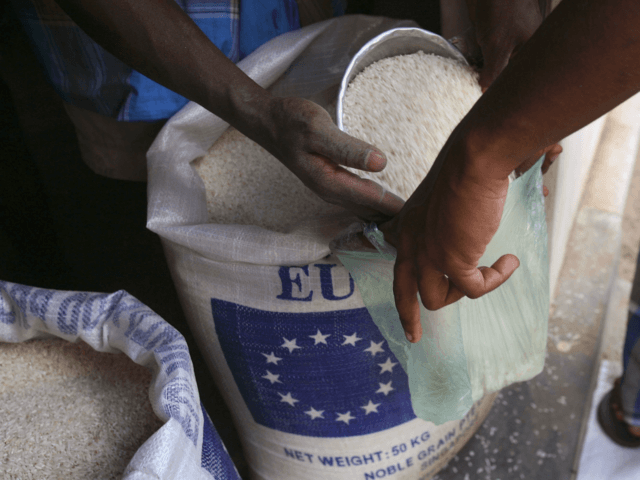The UK is likely to offer as much as £1.4 billion of the nation’s foreign aid budget to European Union (EU) institutions to spend after Brexit.
Handing over the massive chunk of taxpayer cash to the bloc is now being treated as an explicit part of the UK’s opening negotiating pitch, The Times reports.
Prime Minister Theresa May first hinted that the nation’s massive foreign aid budget could be used as a bargaining chip in her security speech in Munich on February 17th.
“If a UK contribution to EU development programmes and instruments can best deliver our mutual interests, we should both be open to that,” she said, whilst claiming, but not explaining how the UK could influence how it is spent.
Britain, one the 28-member bloc’s wealthiest members, supplied a fifth of the budget for European Commission’s development arm last year, amounting to £1.031 billion.
The UK also contributed around ten per cent of the European Development Fund’s budget, which hands out EU funding to 74 African, Caribbean, and Pacific nations.
Experts told The Times that without the UK’s cash the EU’s much-celebrated claim to be the world’s biggest aid donor would be in doubt.
Last year, a study for the European parliament said other members would need to “compensate for the loss of Britain’s contribution to EU aid, both in quantitative and qualitative terms” if the bloc wanted to continue to be a “global leader”.
The UK has the world’s second-largest nationale foreign aid budget after the U.S., and questions have been raised whether if it can be afforded at a time of austerity and unprecedented cuts to the armed forces.
Last month, the Department for International Development (DfID) rejected an online petition signed by more than 50,000 people, calling the 0.7 per cent of GDP foreign aid spending target to be scrapped.
The target means the budget can shoot up if the economy does well, leading to taxpayer cash being wastefully handed out to international bodies like the EU, critics say.

COMMENTS
Please let us know if you're having issues with commenting.